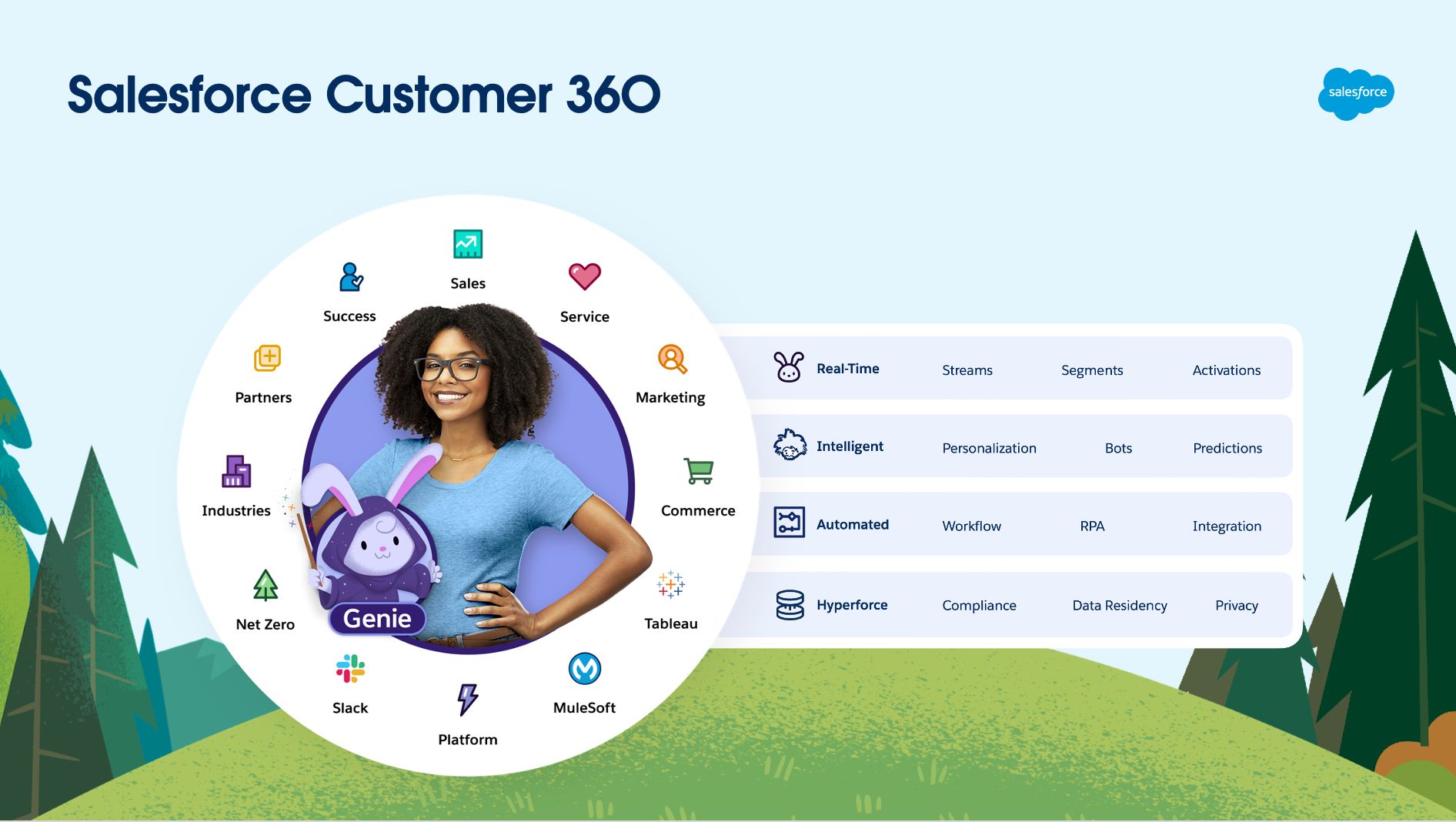Aside from uncontrollable external factors such as customer behavior and competitors, business management is an aspect that companies can fully adjust to achieve significant benefits.
5 Challenges for Business Managers
1. Overly Broad Scope of Responsibilities
One of the biggest challenges for managers is the overly broad scope of their responsibilities. In many cases, managers are required to take on multiple roles, ranging from strategy development, financial management, customer care, to human resources management and overseeing daily operations.
This can easily lead to overload, work-life imbalance, and difficulties in making critical strategic decisions.
2. Challenges in Managing Customer Information and Identifying Potential Customers
In today’s digital era, customer information can come from various sources, including social media, email, websites, and other communication channels. Managers need an effective information management system that not only stores data but also analyzes and identifies trends and potential opportunities from this information.

However, many managers face difficulties in implementing and maintaining these systems, as they require significant resources and specialized skills. While some organizations are quick to adopt customer management tools, others still manage their data using Excel, Word, Google Sheets, and similar tools.
Storing customer information in multiple locations poses risks such as data fragmentation, difficulty in control, and a lack of comprehensive customer profiles. These risks result in more challenging customer exploitation, with incomplete and disjointed updates across Marketing, Sales, and Support departments.
This can cause managers to miss out on cross-selling and up-selling opportunities. Not only does this impact revenue, but it can also lead to customer loss if their needs are not met and addressed promptly.
3. The Constant Need to Improve Processes to Boost Productivity
The continual need to improve processes to increase productivity is a significant challenge for many managers. They must consistently find ways to optimize workflows to enhance efficiency, reduce costs, and boost customer satisfaction.
This requires flexibility, creativity, and the ability to adapt quickly to changes in the business environment. Additionally, adopting new technologies and advanced management methods presents a major challenge.
For managers, especially in retail or the food and beverage (F&B) industry, managing numerous branches, stores, and agents can become a complex task. Moreover, during operations management, administrators must ensure everything remains under control and runs efficiently.
If managers continue to use outdated processes or fail to keep up with market trends, the business may face several negative consequences:
- Increased costs and reduced profits due to outdated and inefficient resource use.
- Falling behind competitors in market share and position, as rivals adopt new technologies and processes to enhance productivity and product/service quality.
- Lack of innovation can diminish employee motivation and satisfaction, as a stagnant work environment stifles creativity and personal development.
- Difficulty in meeting increasingly high customer expectations, leading to loss of current customers and challenges in attracting new ones.
4. Excessive Reporting and Data Aggregation
Managers often spend a significant amount of time handling and aggregating reports from various departments, which can be overwhelming due to the sheer volume.
From data reports and performance metrics to compiling and reviewing documents related to finance, HR, business, and market trends, aggregating and analyzing these reports requires considerable time and effort. It demands speed, accuracy, and immediacy for each departmental data set.
This is a major challenge and primary responsibility for managers and business administrators in many fields today.
Typically, issues with reporting arise from data updates. If data is not modified promptly and regularly, business administrators must spend additional time cross-checking and confirming with multiple parties.
5. Difficulty in Monitoring and Evaluating Workforce Performance
Monitoring and evaluating employee performance is a common need for all managers. They need to ensure that every employee is working efficiently and contributing positively to the company’s goals. This helps in managing effectively and providing timely solutions if needed.
This requires an effective and fair evaluation system, along with measures to motivate and encourage employees promptly. However, implementing these systems is not simple, especially in large organizations with many employees.
Currently, many work management practices remain manual: reporting verbally, via email, or messenger, which complicates reconciling information when needed.
In addition to addressing these issues, managers must also be aware of the serious consequences of failing to control these problems:
- Imbalance between underperforming and high-performing employees, leading to decreased productivity due to lack of regular supervision and evaluation, resulting in reduced motivation and commitment.
- Development of a negative work environment when evaluations cause internal conflicts and dissatisfaction, directly affecting overall business performance.
- Lack of control in monitoring and evaluating workforce activities makes it difficult for businesses to detect and address issues promptly, leading to more severe problems.
- Reduced ability to optimize resources, making the business less competitive and struggling to achieve strategic goals.
With the aim of providing a comprehensive digital solution to address these challenges for business managers, Salesforce CRM software has been developed with useful features to help businesses operate more effectively.
Salesforce CRM Software Solution #1 Worldwide

Replacing Traditional Methods – Optimizing Business Management
Traditional storage methods using paper or standalone software like Excel and Google Sheets have been replaced by flexible business management software, enabling managers to access information anytime and anywhere on their mobile devices and computers. This optimizes and enhances work efficiency while saving costs and human resources.
Additionally, with the feature to conduct surveys through intuitive questionnaires, data collection becomes easier, and the reporting work of managers is significantly supported.
Effective Customer Data Management Platform
Managing customer lists synchronized on a single platform helps gather information about customers, transaction history, sales, contract value, and feedback in one place. This not only makes it convenient to utilize and load customer data but also provides comprehensive support for data security and customer classification into specific groups. This leads to sustainable long-term relationships between businesses and their customers.
Scientifically categorizing customers enhances data exploitation efficiency, serving as a basis for developing effective marketing and sales strategies. This helps achieve customized goals for each individual, understanding the unique characteristics and traits of different customer groups. Organizing customers into specific groups helps save marketing costs and automates campaigns for each customer segment, thus improving sales efficiency and creating appropriate customer care scenarios.
In addition to being a powerful platform for effective customer data management, Salesforce CRM also integrates the management of all business activities. It helps managers operate businesses more easily, track, and evaluate the situation simply and quickly.
OMN1 Solution - Salesforce's #1 Partner in Vietnam
The success of its partners is a top priority.
Focusing on the customer, OMN1’s solutions seamlessly connect marketing, sales, customer service, e-commerce, and data analysis, covering all customer-related activities.




